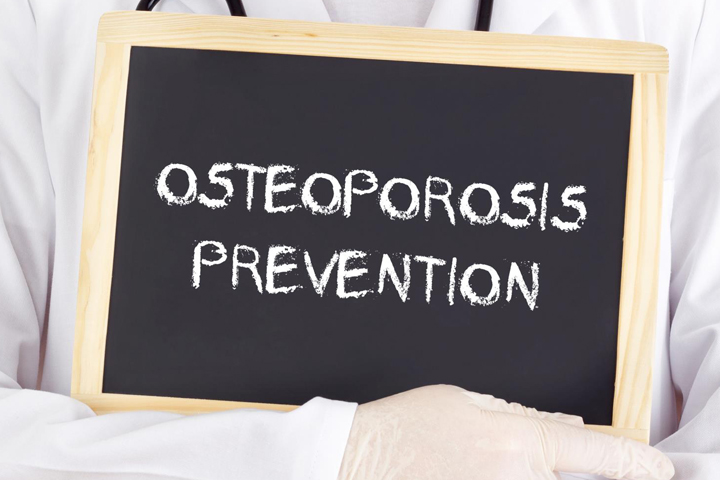
The good news is that diet, and appropriate exercise can help strengthen your bones, combined with an Osteoporosis prescribed medication. We do not recommend that people attempt to treat bone loss with just diet and exercise and supplements, as bone loss is a disease.
Osteoporosis diet: Calcium and vitamin D are essential for healthy bones. Eating foods with calcium and vitamin D can make a difference.
Calcium-rich foods include all dairy products – milk, cheese, and yoghurt. If you are vegan (you are at higher risk of bone loss) or are in the 5% of people in Ireland who are lactose intolerant, green vegetables are an excellent source, especially kale, Collards, and okra. Fish such as tinned salmon and sardines are also excellent choices, as well as fortified breakfast cereals.
Sunlight is an excellent source of vitamin D, but it is essential to put sunblock on after 15 minutes. Those who burn easily should not try to get their vitamin D from the sun. Great sources of Vitamin D are fortified milks, fatty fishes – salmon, tuna, and mackerel plus egg yolks.
Appropriate regular exercise is good for your bones, overall health, and mental wellbeing. Certain exercises can also help to improve your balance and coordination, which can help to reduce your risk of falls, which can lead to breaks.
If you have bone loss or want to prevent it, weight-bearing exercises are the best type to do. If possible, you should be assessed by a chartered physiotherapist, before undertaking any exercise programme. Go for a light walk, use the stairs rather than the lift or escalator. Dancing provided you have good balance, and low-impact exercises are also options. Swimming and cycling, although good for your health and fitness, are not weight-bearing exercises. Contact the Irish Osteoporosis Society for guidance in this area.